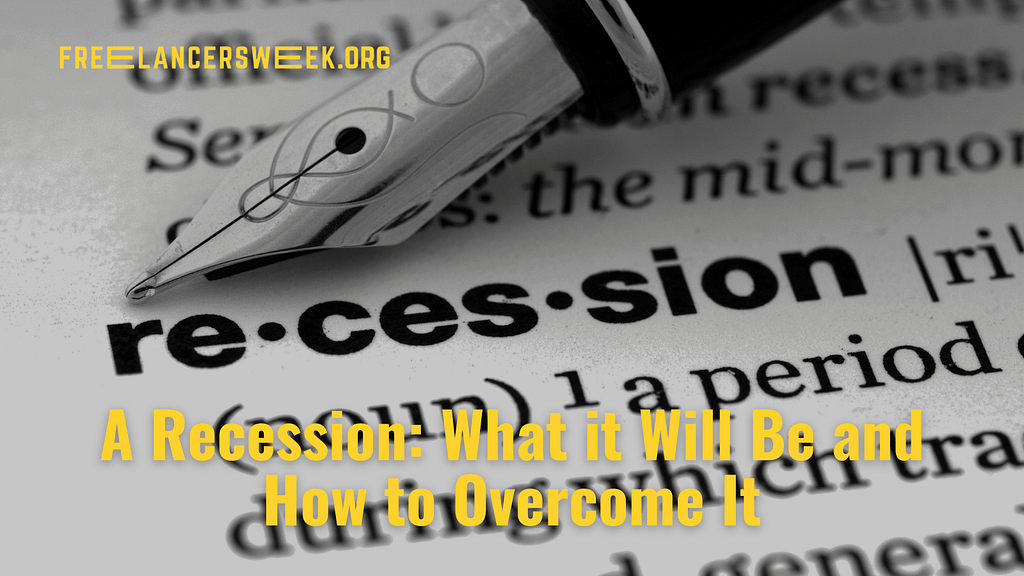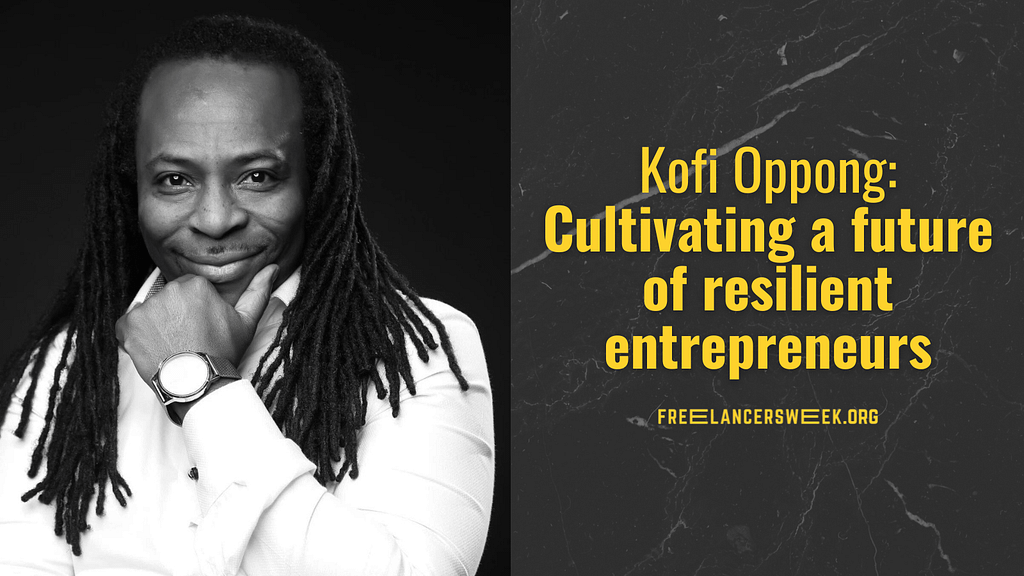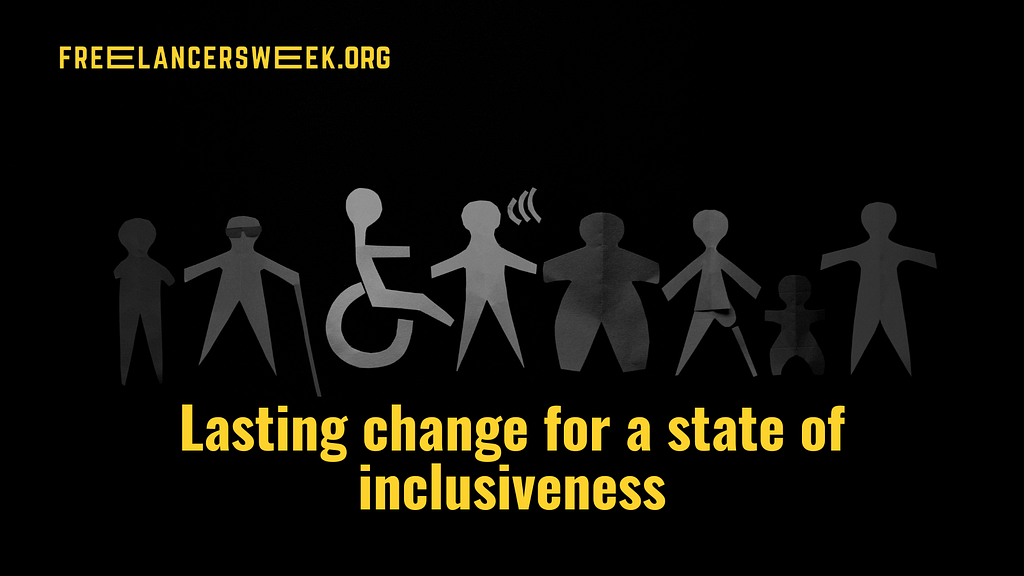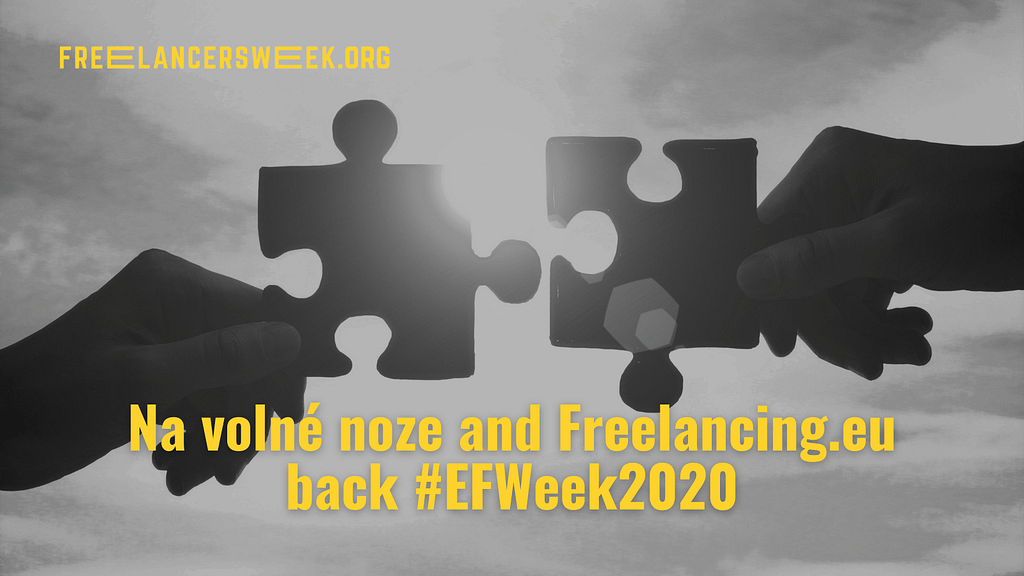Whenever the word ‘recession’ starts creeping into the news, individuals, corporates, and small businesses start to feel the pressure that the idea causes and what this will mean for their company. Whilst other nations have declared that they are in a recession, the United Kingdom has not publicly acknowledged that the country is in the early stages of a recession.
Kofi Oppong, founder of Urban MBA, a non-profit organisation focused on developing enterprise skill sets to marginalised and disengaged young adults, weighs in on the current economic climate and offers up key insights for businesses to overcome a ‘looming’ recession.
What is a recession?
Entering a recession by definition means a period of temporary economic decline during which trade and industrial activity are reduced, generally identified by a fall in GDP (Gross Domestic Product) in two successive quarters.
Despite the UK not openly discussing the current situation, the country’s economy is under strain and worsened by the impact of the energy crisis. As we enter the last quarter of 2022, many feel that the economy cannot endure much more.
Kofi says that whilst the UK is not officially talking about a recession, the country has had two digits of down growth, which is significant of a recession. So technically an ‘official recession’ is looming, even if it is not being currently addressed by officials.
Secondly, Kofi says that the country has been in a state of mourning with the Queen’s passing and the additional bank holidays would have had an added toll on the economy. He explains that at the moment, every minute and every penny counts, and that companies cannot afford to take further losses in revenue at this point.
Simply put, he says that every single small thing is affecting how citizens view the country’s economy right now and everything else that could make life more difficult.
What has led to the current economic crisis?
Kofi looks back to the pandemic as being the major contributor to the current economic crisis. This is because during the pandemic, many small businesses had to rely on what is known as cheap finance that was given out, for example the bounce back loans.
These loans were given out by the government to any small and medium enterprises that could prove that they had suffered. However, Kofi explains that the difference with the bounce back loans is that they only had an interest of 0.1%. This means that most businesses, and some individuals could access it if they were self employed and a lot of them have taken that money.
The difficulty with the bounce back loan lies in the question of ‘how many of them are going to be paying it back?’
With many organisations not paying back their loans, the government may be forced to write them off, which essentially is forcing more on the economy, and hastening the problem that we’re going to have with a recession, as all of that is coming into fruition now.
This scenario is not unlike the last global recession in 2008, which was fuelled by cheap/finance and loans in the form of subprime mortgages that were given to higher risk borrowers, so while there are many things that affect economies such as the current fuel crisis, look deeper and it usually has a link to cheap finance..
According to Kofi, “This is just the beginning of a recession, we won’t experience the trough of the recession until we are past the current UK energy crisis. The expense of gas and bills are very high – although it has been capped by the new Prime Minister, the majority of problems from this recession will only be felt in 2023.”
What does a recession mean for businesses?
The knock on effect for many businesses is that they will have to take out finance again, or in this case, twice. Those who made use of the bounce back loan during the pandemic and are still in trouble, will find it difficult to get more funding and finance as creditors will be tightening their belts and become a lot stricter about giving out finance 2023.
Kofi explains that if you are a charity that relies on funding you will need to have a sustainable model and many commercial organisations will restructure loans or find additional rounds of funding all this as we move into a period that will be dominated by transformative technologies which require new thinking for every business. Industries like food, may find it easier than non-necessity businesses to get funding, and those non-essential businesses may be at risk of survival. However he states that there may be a bit more hope for marginalised communities as the sad episodes that led to black lives matter has also opened up a few new more opportunities for black business that traditionally would not get access to funding .
How can businesses survive a recession?
The best way to future proof your organisation and prepare for the worst of a recession according to Kofi is to shift your business to new models.
He says that “there is a lot of what he describes as “transformative technologies” coming into play. Even during COVID, the tech sector had the most investment from Venture Capitalists.” He further explains that these transformative technologies of which there are 9 of such as AI (artificial intelligence) focused organisations have continued to grow exponentially and sustain uptake post COVID.
These are the sectors that small businesses should be pursuing aggressively as more companies are going to be looking to utilise their resources in different ways. Technology like AI and the metaverse will become a lot bigger, as people look to lower expenses and cut down their traditional resources in favour of AI generated tools.
The shift has already started, with businesses making use of AI generated avatars to represent their company. This is a much more financially smart way of advertising, as it costs less to produce an AI video than it does to hire a team to produce and shoot a video.
Have a look at Synthesia, a web-based platform for creating videos with AI avatars and voices, and how they have produced an avatar to help explain the process.
Upskill and find new ways to make money
Kofi strongly advises that people learn more about transformative technologies that are coming and be aware of what transformative technologies are already out there. This, he says, is where the majority of the new jobs and opportunities will come from. Learning to code and growing skills in data science and machine learning are a few key areas to keeping up with where the work economy is going.
Finally, Kofi says that right now individuals and businesses need to focus on upskilling talent, future proof their business models, and expertise in order to expand their opportunities.
“That is the purpose of why we do what we do at Urban MBA, and why we offer courses and workshops. We want to support growth and help people, especially those from marginalised communities, to succeed during times of uncertainty and turmoil.“
This is how Kofi says that people should secure their futures in terms of job roles, “not to look at what is here now, but to prepare for what’s coming, and that is my biggest pet peeve of the education system and life that we’re taught to look at the past, when really we should be looking to the future.”





